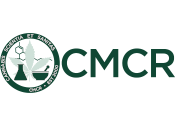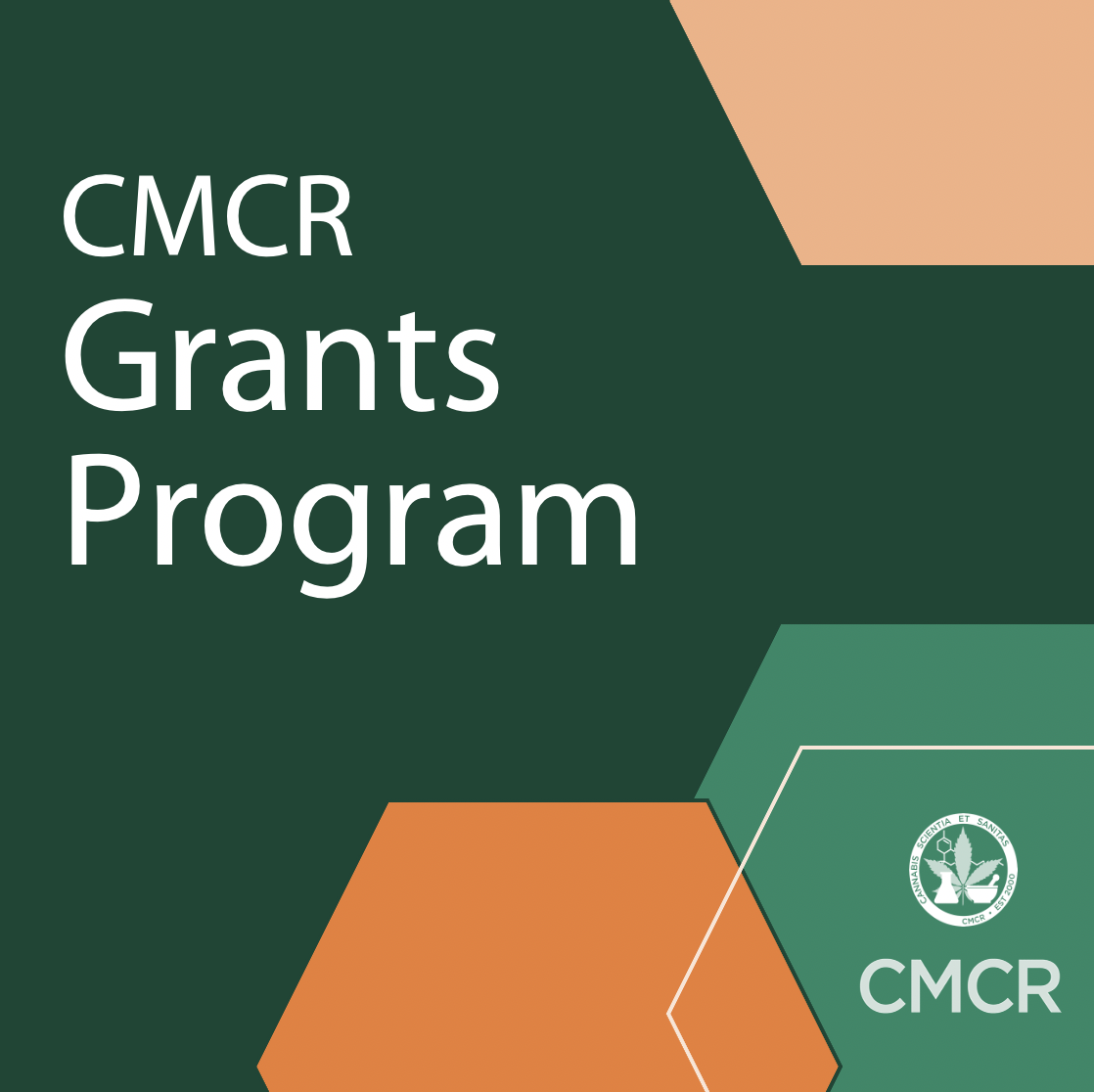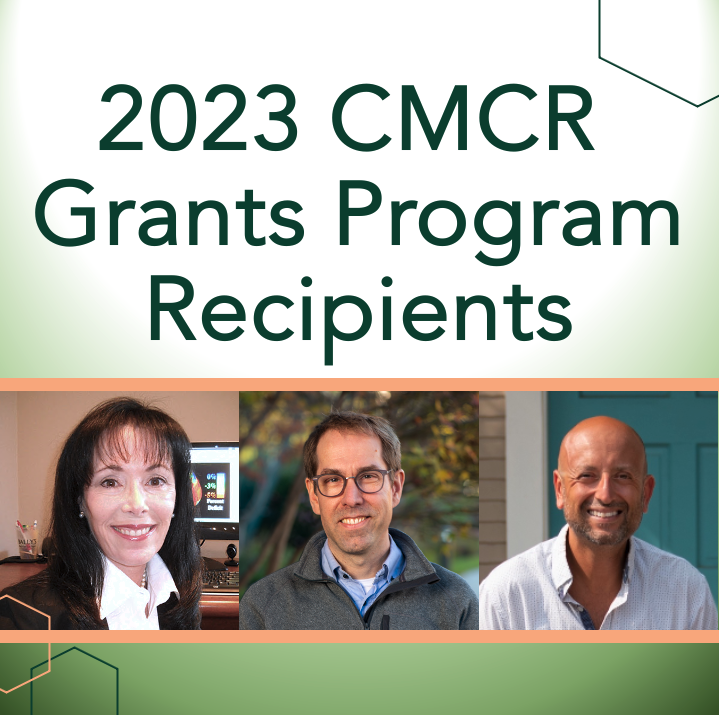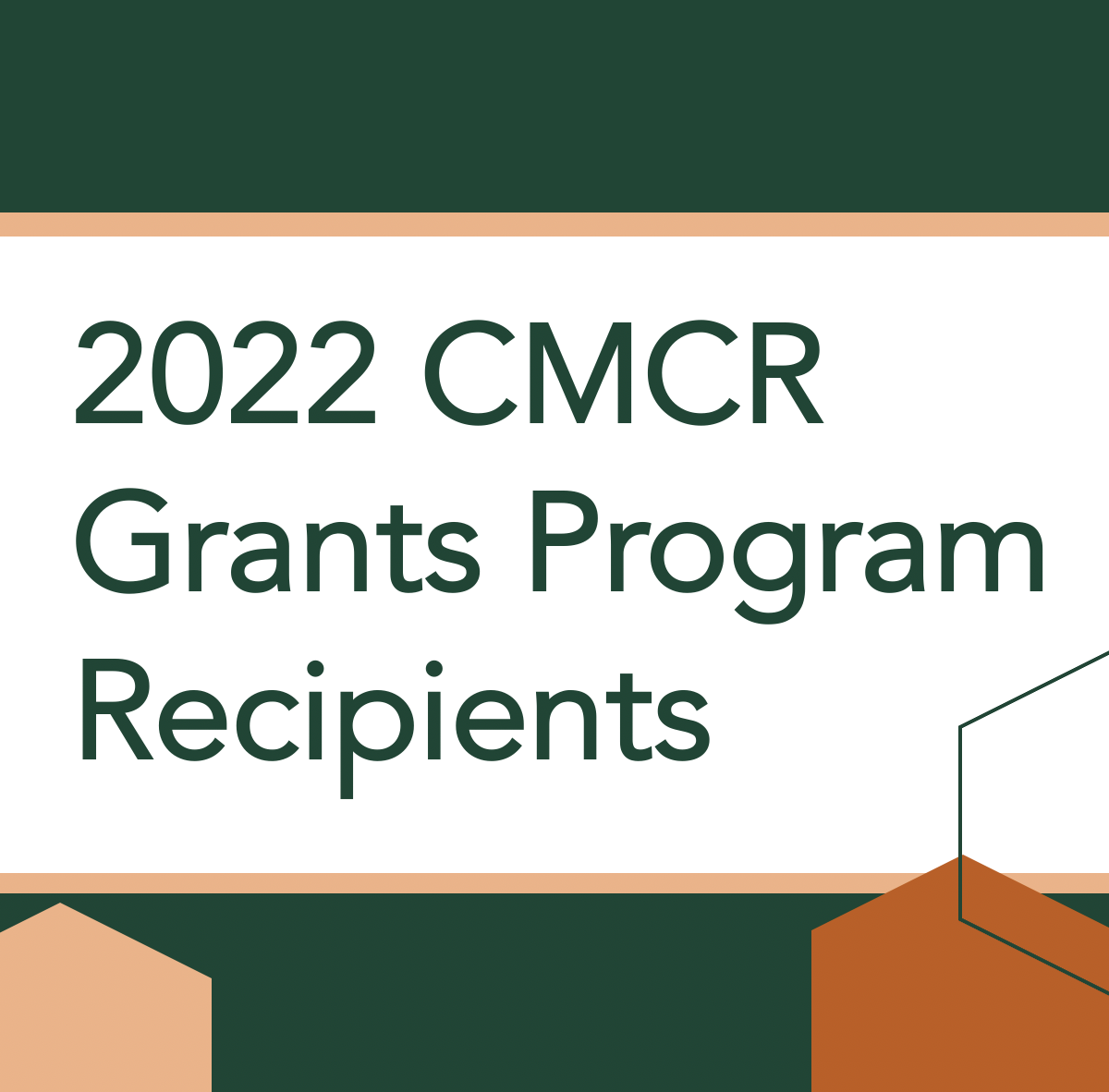
CMCR Grants Program awards new research grants in 2024
As part of Proposition 64 funding to the CMCR, the Center is pleased to announce four new studies that have been selected for funding this year. These proposals were submitted in response to the Spring 2024 call for proposals, which was open to all California higher education and nonprofit research institutions. The final selection was based on external peer review, advice of the CMCR’s National Advisory Council, and attentiveness to CMCR priorities.

Principal Investigator: Nicholas Bernthal, MD, Professor, Department of Orthopaedic Surgery
Institution: UCLA
Title: Evaluating the Impact of perioperative cannabidiol exposure in a preclinical model of orthopaedic implant infections
Funding amount: $300,000
Dr. Bernthal’s research will explore CBD as a perioperative analgesic for orthopaedic pain.
 Principal Investigator: Catherine Cahill, PhD, Professor of Psychiatry
Principal Investigator: Catherine Cahill, PhD, Professor of Psychiatry
Institution:UCLA
Title: Myrcene modulates on CB1 receptor function via enhancement of endocannabinoids
Funding amount: $300,000
Dr. Cahill’s pre-clinical study will investigate whether terpenes have analgesic potential and whether they enhance endocannabinoid concentrations in the brain.

Principal Investigator: Zhi-Ling Guo, MD, PhD, Project Scientist, Susan-Samueli Integrative Health Institute and Department of Medicine
Institution: UC Irvine
Title: The effects and brain mechanisms supporting cannabis-induced chronic low back pain relief
Funding amount: $300,000
Sex differences in cannabidiol’s effects on blood pressure in normotensive and hypertensive conditions.

Principal Investigator: Jennifer Thomas, PhD, Professor of Psychology
Institution: San Diego State University
Title: Cannabidiol Use During Pregnancy: Safety and Risk for the Developing Fetus
Funding amount: $300,000
Dr. Thomas’ research aims to explore how prenatal exposure to CBD and other cannabinoids affects fetal development.
Congratulations to the new CMCR Investigators!
- Igor Grant, MD, Director




 Principal Investigator: Antoine Snijders, PhD, Senior Scientist, BioEngineering and BioMedical Sciences
Principal Investigator: Antoine Snijders, PhD, Senior Scientist, BioEngineering and BioMedical Sciences 


